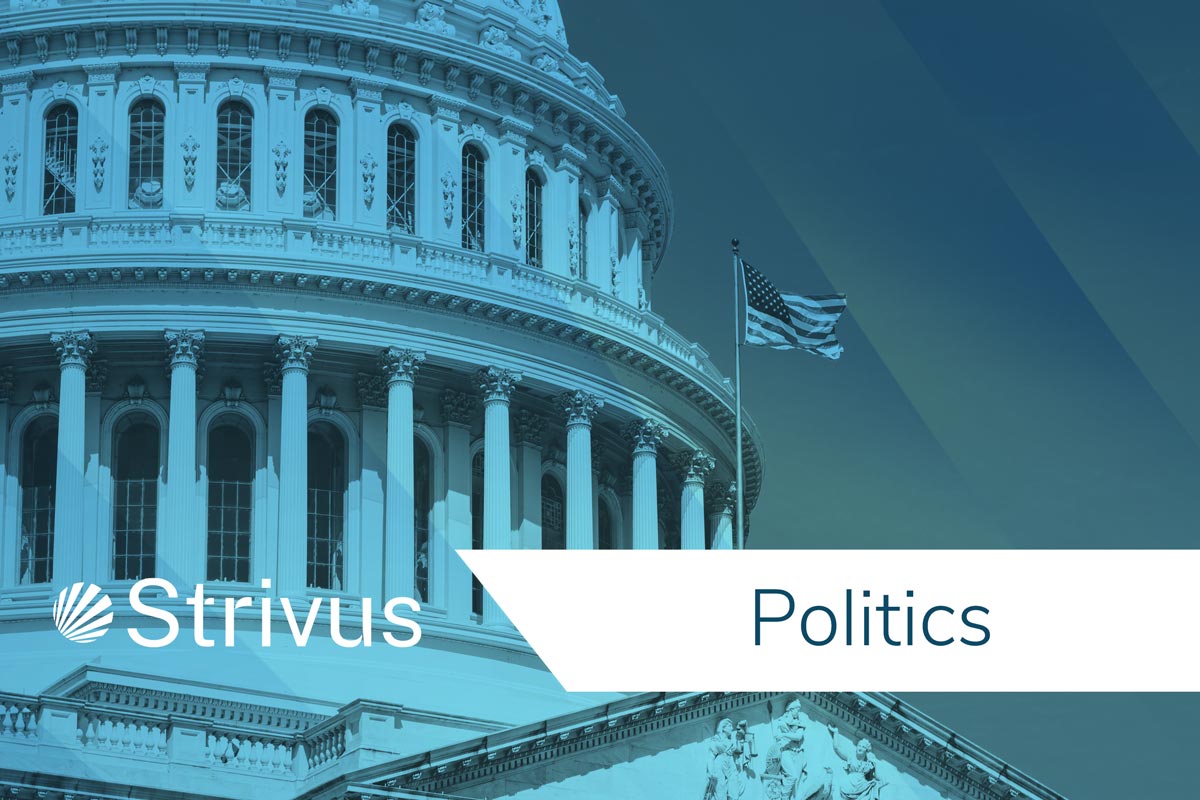Education

Math & Vocabulary, Washington, D.C. Style

Every occupation and profession, including politics, has its own vocabulary, but math is the same around the world, right? Not so fast—remember Washington, D.C.? In Washington Speak, “It’s different up here.” It certainly is.
We know that in Washington, D.C., words mean things; they just mean different things inside the Beltway. A vocabulary of Washington Words:
- Taxes are “contributions”
- Government Spending is “Investing”
- “Fair Share” is more than you pay now, and more than you have ever paid
- “Budget Cuts” are costs that increase less than in earlier proposals
- “Tax Expenditures” are items that reduce government revenue (this requires accepting the premise that all money is government money)
- “Paying for” a program means imposing new taxes on select taxpayers
- “The wealthy” are people who either (a) make more money than members of Congress, or (b) have higher net worth than members of Congress, or (c) both
- “Scoring” a Bill means estimating the cost to taxpayers using ridiculously flawed assumptions, as well as a not-so-independent CBO that leans left and is under the absolute control of Congress
Similarly, Washington Math is neither Old Math nor New Math–it is uniquely Government Math. Washington Math is easily illustrated using calculations from the State and Local Tax (SALT) Deduction included in proposed Infrastructure programs. In the Tax Cuts and Jobs Act of 2017, (TCJA, the Trump tax cut bill), SALT deductions, which formerly had no upper limit, were capped at $10,000 annually. The “Infrastructure Bill” allows taxpayers to deduct up to $80,000 of state and local taxes (as far as we know today) from their income. This would, of course, grant a substantial tax cut to the highest-income taxpayers, primarily in high tax states.
On its face, granting tax cuts to wealthy people would amount to a “Tax Expenditure” (see vocabulary above). Enter Washington Math, and it becomes a revenue generator for Uncle Sam. How is this mathematical sleight of hand accomplished?
Due to ridiculous and arcane Senate Rules, TCJA is set to expire in 2026, after which pre-TCJA laws will apply. The $10,000 SALT limitation would disappear, and tax deductions for wealthy taxpayers would rise dramatically. This would “cost” the Federal Government billions of dollars beginning in 2026.
Now the key—how to project additional revenue long-term by claiming future savings. Under the proposed new rules, the government would collect less money until 2026. After that, the $80,000 cap would limit deductions for the wealthy, raising their future taxes. Counting “expected” revenue for a few years makes time-phased revenue loss turn positive. Eureka! A positive estimated “revenue stream,” which in D.C. is apparently convincing. Confused yet?
There is virtually NO CHANCE that these numbers will see the light of day. But inside the Beltway, most everyone will buy it. Don’t you wish you could live on Government Math?
Van Wie Financial is fee-only. For a reason.
